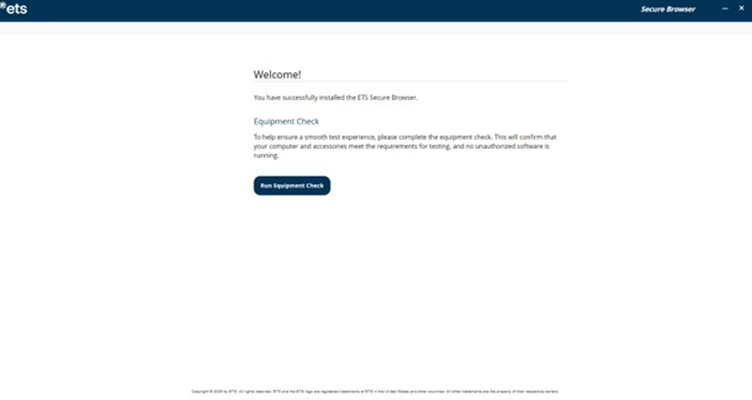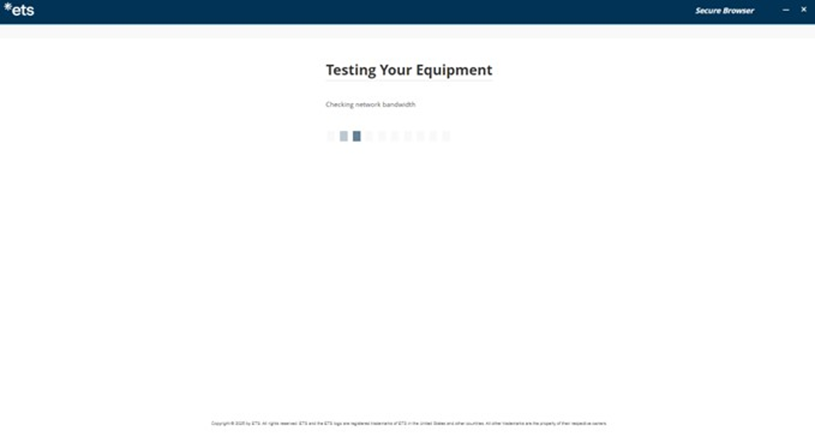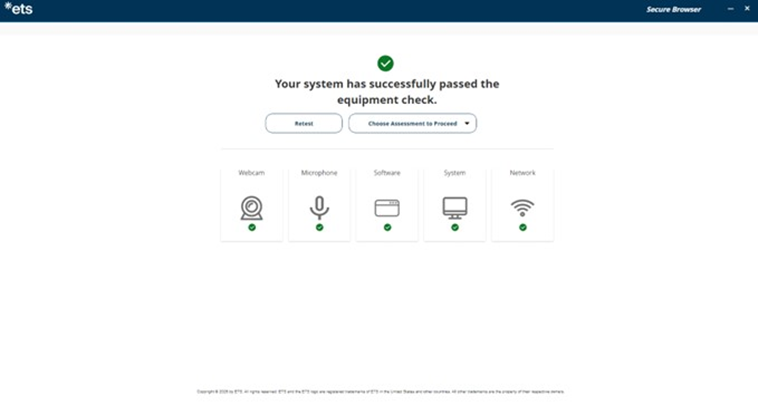The SLS tests at home are a safe and convenient option for test takers who live in the United States, its territories1 or in Canada. They're identical to tests taken at a test center and are taken on your own computer at home or another secure location. All at home tests are monitored by a human proctor online. At home testing is available 7 days a week.


